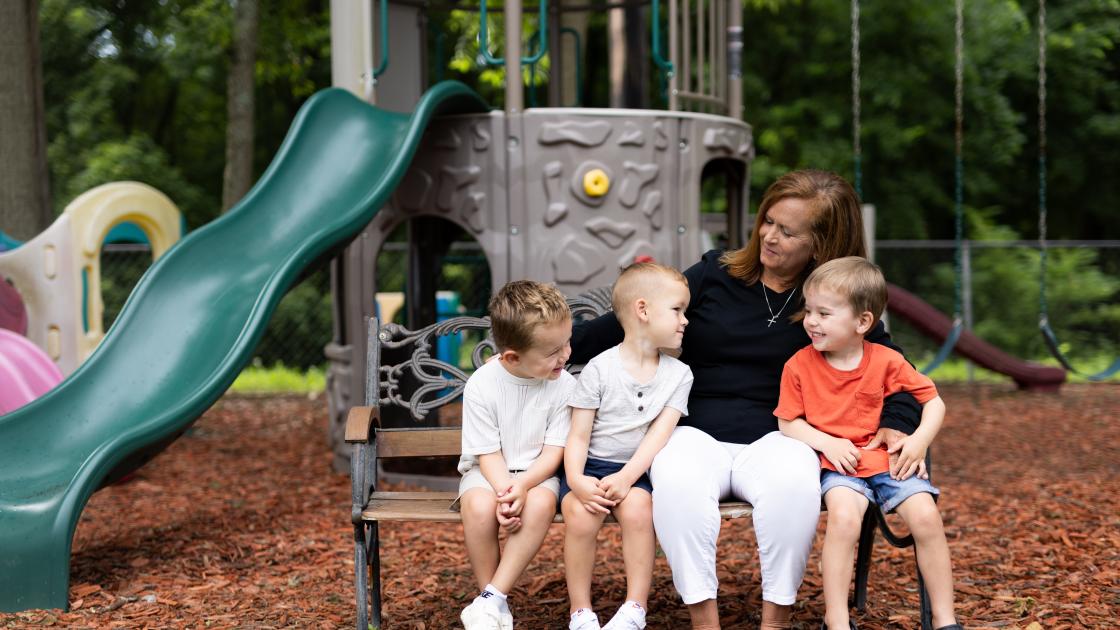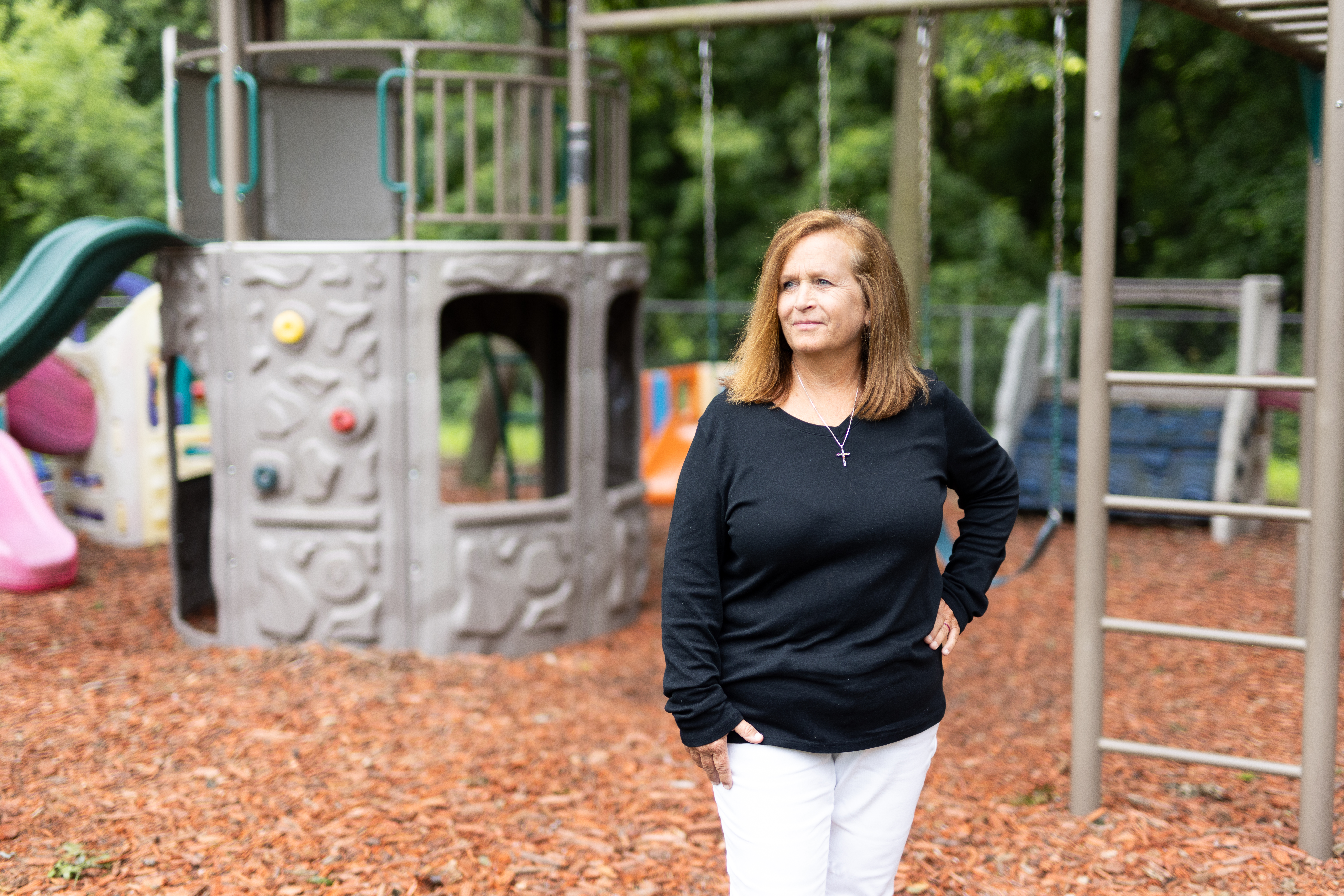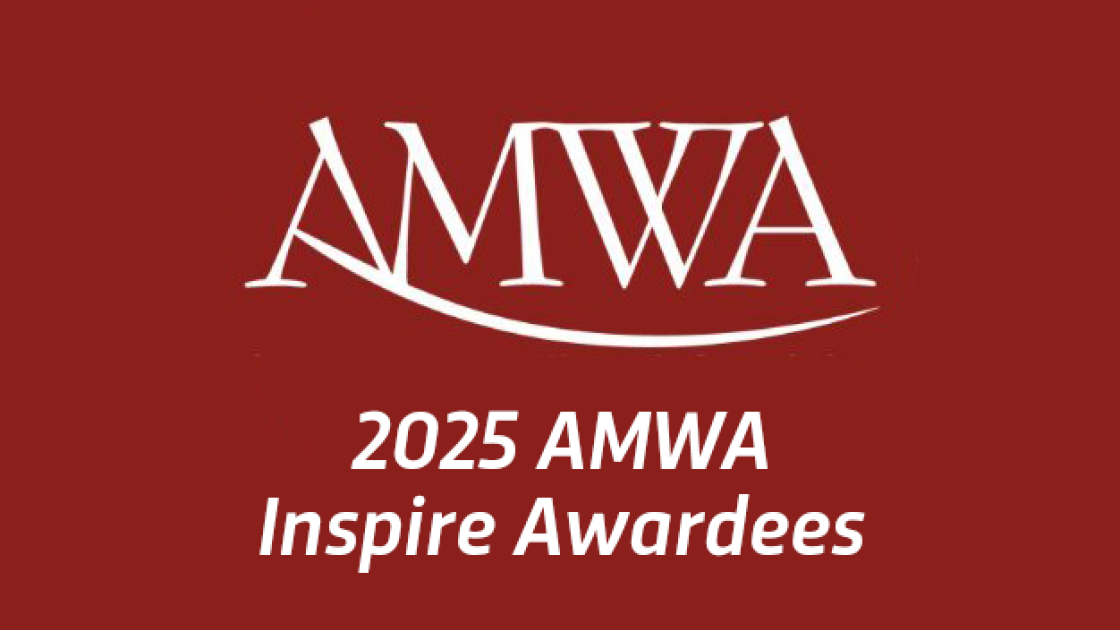
From polyps to possibility: How Dr. Dana Crosby helped Amy breathe freely again
For more than 34 years, Amy Jackson has cared for children in her Springfield home—her own kids, her grandchildren, nieces, nephews, great-nephews and many others as a trusted daycare provider. With three grown children, four grandsons, Amy’s days have always been full of laughter, love—and plenty of dirty diapers.
“I always joked that having no sense of smell was a blessing when you’re changing diapers all day,” she said.
But behind the humor was a long battle with chronic sinusitis with nasal polyps that took a toll on her daily life. The symptoms—constant congestion, sinus pressure, ear fullness and total loss of smell—lingered for more than two decades. Despite antibiotics, steroids and a sinus surgery in 2009, the problems kept coming back.
“The sinus issues were very frustrating,” Amy said. “I had trouble sleeping because I was always so clogged in my nose, I couldn’t breathe at night.”
By the time she came to SIU Medicine, Amy was relying on maintenance antibiotics and steroids just to function. That’s when she met Dr. Dana Crosby, chair of the Department of Otolaryngology – Head and Neck Surgery (ENT).
“Chronic sinusitis can be incredibly disruptive to daily life,” said Dr. Crosby, who has specialty training in diseases of the sinuses and skull base. “Our goal is to understand the specific sinus issue that a patient is experiencing. The more we understand the underlying disease process, the more successful we are in achieving long-term relief for patients like Amy.”
Dr. Crosby performed revision functional endoscopic sinus surgery (FESS), a procedure that not only removes polyps and improves airflow, but also helps with long-term medical management -- a critical part of the treatment of most types of chronic sinusitis. In rare cases, like Amy’s, in which nasal polyps can be difficult to control despite meticulous surgery and standard medical management, a class of medications called biologics can be incredibly helpful. Dr. Crosby helped Amy gain access to one of these medications, which helped to not only control Amy’s polyps but also her asthma.
“She knew exactly what medication would help my condition and fought for me to get the treatment I needed,” Amy said. “That kind of advocacy made all the difference.”
Dr. Crosby partners with her patients so they can have the best quality of life. “It’s an honor to help patients get back to doing what they love, whether that’s working, playing with their grandkids or just breathing easier every day,” Dr. Crosby said.

Amy’s results were immediate—and life-changing.
“Right after surgery, I could finally smell for the first time in years. It was truly amazing,” Amy said. “I highly recommend Dr. Crosby. She’s very knowledgeable and kind. She listens and truly cares about her patients.”
Amy hopes her story inspires others living with chronic sinusitis to seek help. And even though she can smell the dirty diapers now, she’s grateful.
“If you’ve been suffering like I did, don’t hesitate,” she said. “There’s real relief out there.”



